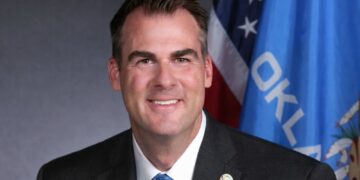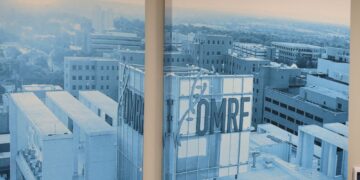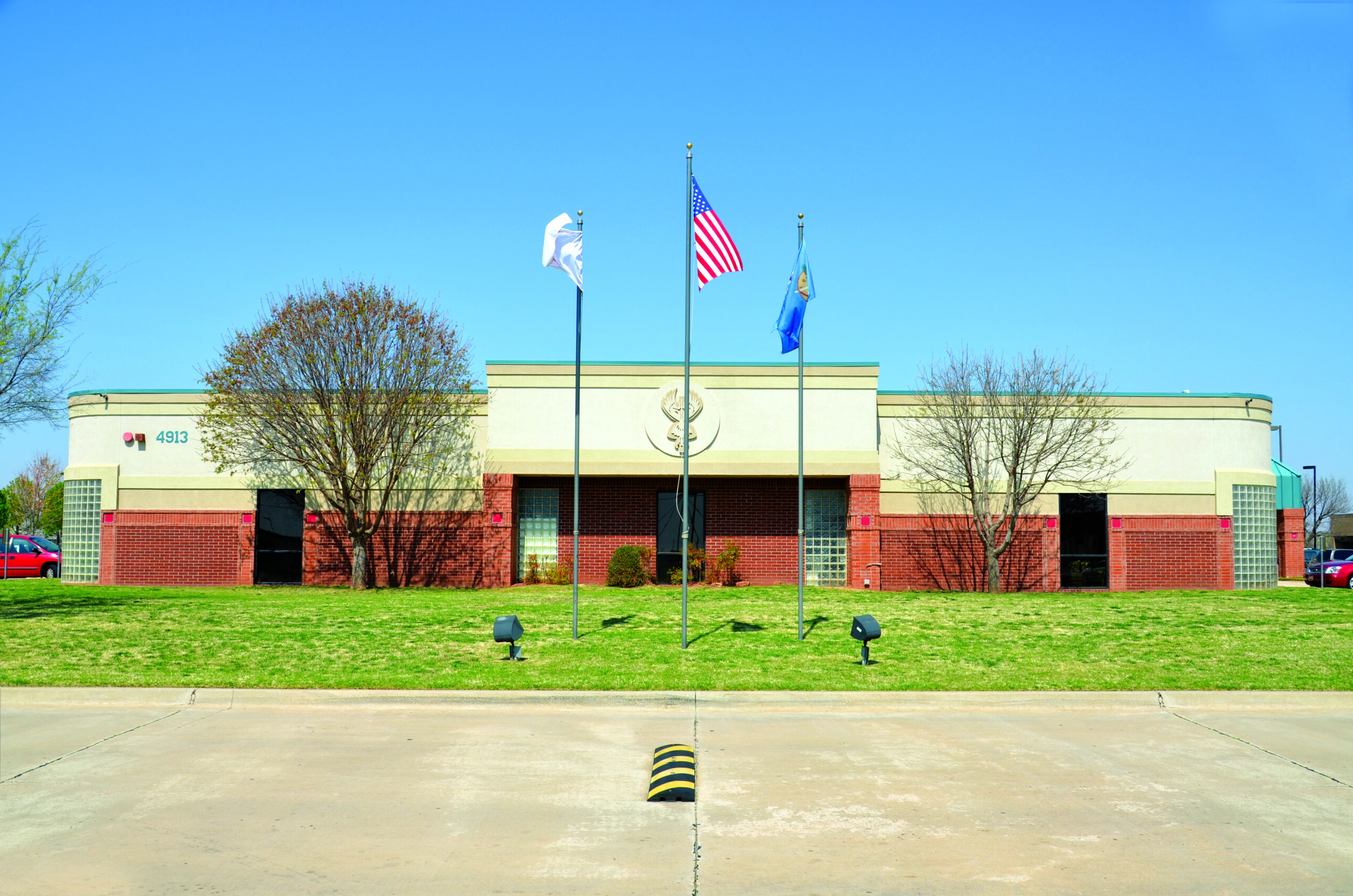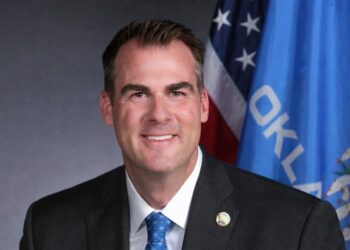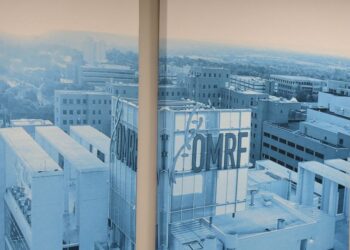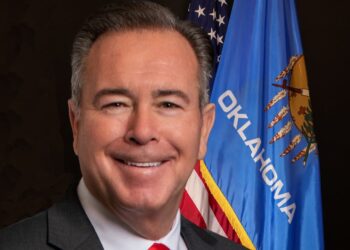OKLAHOMA CITY (OBV) – The Oklahoma City Indian Clinic recently celebrated its 50th anniversary, and the future is looking bright with an expansion underway as the clinic continues to serve thousands of Native Americans from hundreds of tribes.
Established in 1974, the OKC Indian Clinic (OKCIC), 4913 W Reno Ave., serves more than 24,000 patients from over 200 federally recognized tribes, according to Rachael Maltby, the clinic’s lead communications specialist.
The clinic, a 501(c)(3) nonprofit, has built a strong legacy of caring for the health and well being of Oklahoma’s Native residents.
“The clinic has come a long way since 1974. Employees were using hand-me-down equipment to serve patients and now we are purchasing state-of-the-art equipment to ensure patients receive quality service,” Maltby said. “We just reached a milestone of 400 employees after coming from volunteer-based service when the clinic first opened its doors.”
The clinic’s 50th anniversary was honored with a cultural celebration on July 20 at the First Americans Museum. Nearly 2,000 individuals attended the event. Smaller celebrations will be held throughout the rest of the year for staff and patients, according to Maltby.
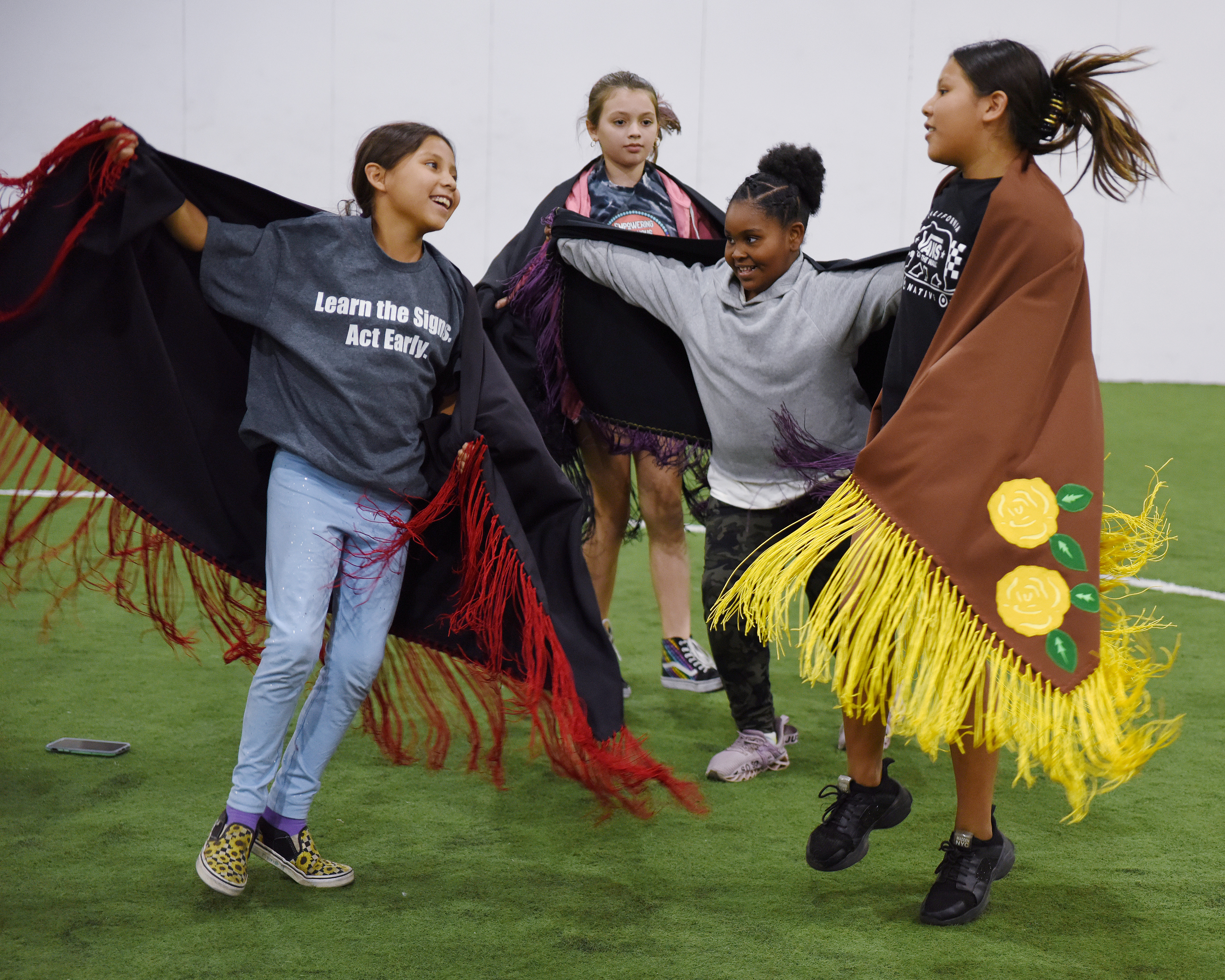
All federally recognized tribal members can receive treatment at the clinic at no cost.
The Choctaw Nation of Oklahoma accounted for 23 percent of the clinic’s patient population in 2023, with the Cherokee Nation next at 20 percent. The top ten tribes in order of patient population size that the clinic serves are as follows:
- Choctaw Nation of Oklahoma
- Cherokee Nation
- Muscogee (Creek) Nation
- Chickasaw Nation
- Seminole Nation of Oklahoma
- Cheyenne and Arapaho Tribes
- Kiowa Tribe
- Comanche Nation of Oklahoma
- Caddo Nation
- Citizen Potawatomi Nation
Patients do not have to have health insurance to receive treatment.
“If the patient does have insurance we take record of it to bill insurance for services rendered, but a cost for service is not incurred by patients. AKA, no copay or deductible,” Maltby said.
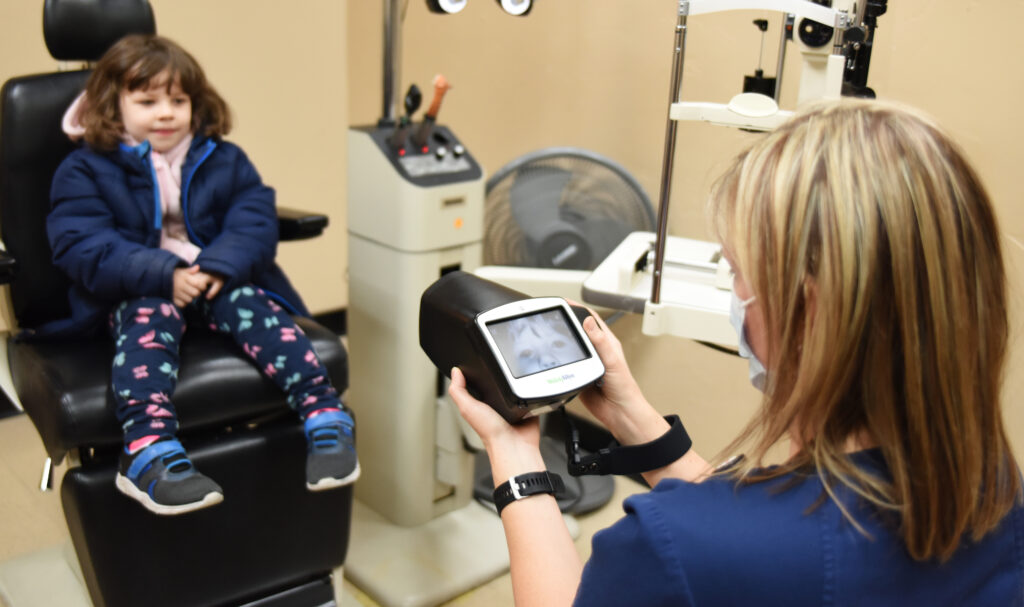
However, those who visit the clinic must show a Certificate of Degree of Indian Blood (CDIB) card to become a patient. A prospective patient can obtain a CDIB card by contacting their tribe.
The clinic provides a wide range of services, including medical, dental, pediatrics, prenatal, pharmacy, optometry, physical fitness, nutrition, behavioral health, and adult, family and youth programs.
OKCIC is its own entity, but frequently partners with other organizations to provide excellent health care to its patients, according to Maltby.
An expansion that is underway will enable the clinic to help even more patients.
“We are always planning ahead for future growth! We acquired a building in south Oklahoma City that will house our pediatrics, women’s clinic and more. This is still under construction,” Maltby said.




